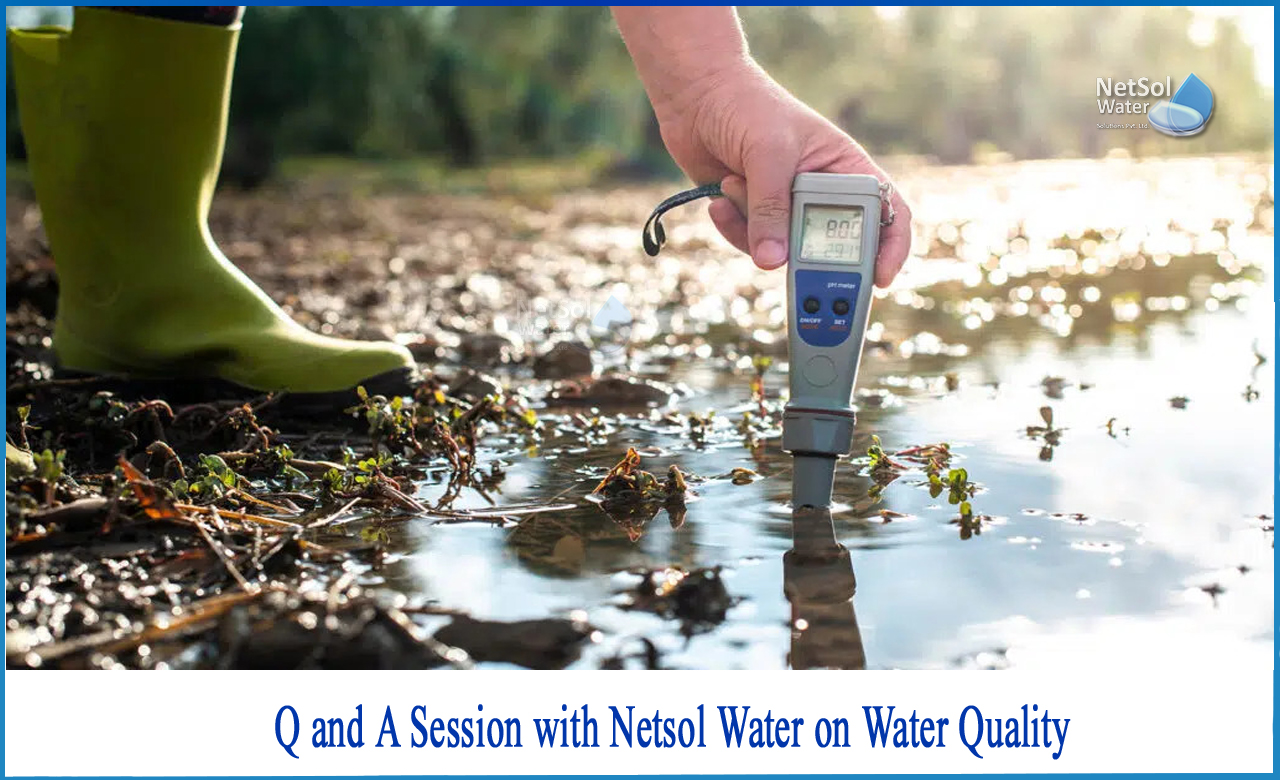Q1: What is the significance of water quality?
Water is the most important solvent in the laboratory, thus when developing or upgrading a facility, it's critical to consider how to best suit a laboratory's needs. Even if tap water has been thoroughly purified to guarantee that it is safe to drink, low-level contaminants such as suspended particles, inorganic and organic chemicals, microbes, and dissolved gases can skew laboratory results. The consequences of using the wrong grade of water for analytical chemists include baseline interference; impurities can inhibit enzyme reactions and interfere with gel polymerisation in molecular biology; and false negative microbiology test results can occur when compounds inhibit the growth of microorganisms.
Q2: What are the most crucial factors to consider when choosing a water purifying system?
When building a water filtration system, there are numerous factors to consider.
To begin, it's critical to characterise the supply water, as this will assist decide the type of pre-treatment necessary – such as softeners and charcoal or granule filters – as well as the associated operating expenses.
It's also crucial to figure out which water classes the lab requires, as this will decide the treatment technologies that will be used. The average consumption, peak use, and duration, as well as the number of hours per day and days per week that water must be supplied, as well as the need for direct feeds to equipment like glass washers and autoclaves, should all be determined.
Another significant consideration is the size of the storage tanks, which should be matched to the anticipated demand; ideally, water should be pulled and refilled multiple times a day to avoid stagnation.
Q3: Are there any unique needs for the structure?
There are a number of practical building issues that might have a substantial impact on the design of a water purification system. It's crucial to consider the plant room's location: top floor or basement, the amount of space available in the plant room and labs, and whether there's any restricted space. The placement and capacity of the building's drainage system, as well as any access constraints and floor loading restrictions, must all be considered.If the water quality needs to be monitored, who will be responsible for system maintenance, whether it should be incorporated into the building management system, and what level of security is required, these are all things to consider.
Q4: What water purification alternatives do laboratories have?
Laboratories can select between centralised systems, which use a single loop to deliver water throughout the whole facility, and modular systems, which use a single loop but are configured floor by floor. Lower consumables expenses, as well as central management and servicing, are advantages of the centralised system.
Modular systems provide greater flexibility, allowing water quality to be tailored to the demands of the department, as well as built-in redundancy and a lesser chance of contamination due to shorter pipes. Floor-by-floor systems are more expensive to build than centralised systems, and each level must be serviced and maintained independently, however operating expenses are easy to assign.
Q5: How can you ensure that a water purifying system is a success?
Teamwork is the key to success, with architects, engineers, and consultants working together to design, build, and validate a laboratory water purification system such as Netsol’s RO systems that fulfils the client's exact criteria while taking into account the numerous factors. The laboratory will benefit for many years from the provision of high quality water appropriate to its unique applications when accompanied by a support service giving training, technical advice, and planned preventative maintenance programmes.
What can Netsol Water provide?
Netsol Water is a significant water and wastewater treatment firm in India, offering WTP, WWTP, STP, ETP, RO plant manufacture, among other services. The company creates equipment’s and is committed to providing practical solutions that help businesses flourish. Netsol’s RO is said to be beneficial for laboratory applications as it provides safe and pure water.
Netsol Water is Greater Noida-based leading water & wastewater treatment plant manufacturer. We are industry's most demanding company based on client review and work quality. We are known as best commercial RO plant manufacturers, industrial RO plant manufacturer, sewage treatment plant manufacturer, Water Softener Plant Manufacturers and effluent treatment plant manufacturers. Apart from this 24x7 customer support is our USP. Call on +91-9650608473, or write us at enquiry@netsolwater.com for any support, inquiry or product-purchase related query.



